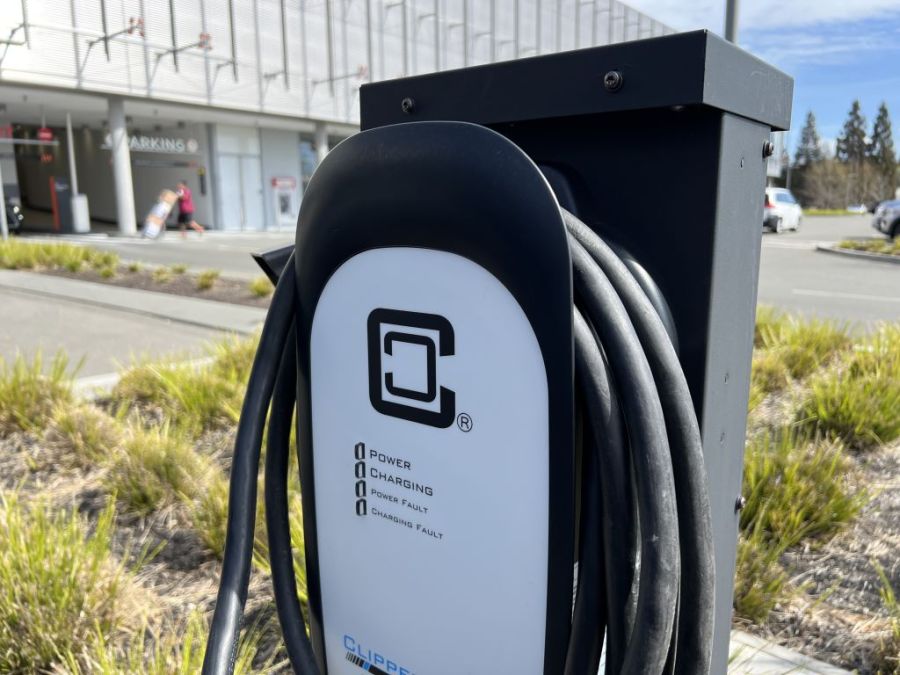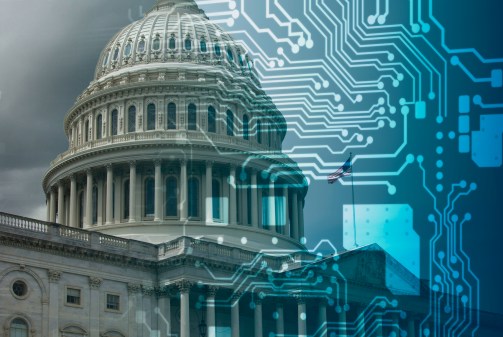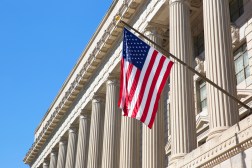Federal government making progress toward EV public charger goal

The Biden administration is reporting major progress in its quest to deploy half a million public chargers by the end of the decade.
The Energy Department on Tuesday said that there were now more than 192,000 public charging ports available throughout the country, and that since the start of President Joe Biden’s term, the number of public EV chargers has doubled. The announcement of those milestones came as the government announced more than half a billion dollars to nearly 30 states, two tribes and Washington, D.C. to build even more charging infrastructure.
“This investment puts public dollars in the hands of states, tribes and communities to build a more accessible national charging network,” Energy Secretary Jennifer Granholm said in a statement. “It will deliver good paying local jobs while giving Americans more transportation options no matter their geography or income and allow those looking for a new vehicle to more confidently take advantage of tax credits to purchase new and used EVs.”
The Biden administration has made boosting the number of electric vehicles on the road a priority. The White House has said it hopes 50% of new vehicles sold in the U.S. will be electric by 2030. As part of its plan to encourage adoption, the government has prioritized building publicly available EV chargers — which are meant to help people charge their vehicles when they’re not able to charge at home.
The technology used to support the nationwide charging network is top of mind for officials working within both the Energy and Transportation departments, which are operating a joint office focused on the issue. Earlier this year, Gabe Klein, that office’s executive director, told FedScoop that technology standardization remains a crucial part of meeting this goal.
“Our job in the federal government is to be really catalytic. We saw a trend in the way things were going and we’re catalyzing that trend. The EV charging network is absolutely crucial,” Klein said in March. “We’re making a tremendous amount of progress in a very small amount of time. Since the president’s taken office, this is where you’ve seen these gigantic increases in both vehicles, as well as charger numbers.”






